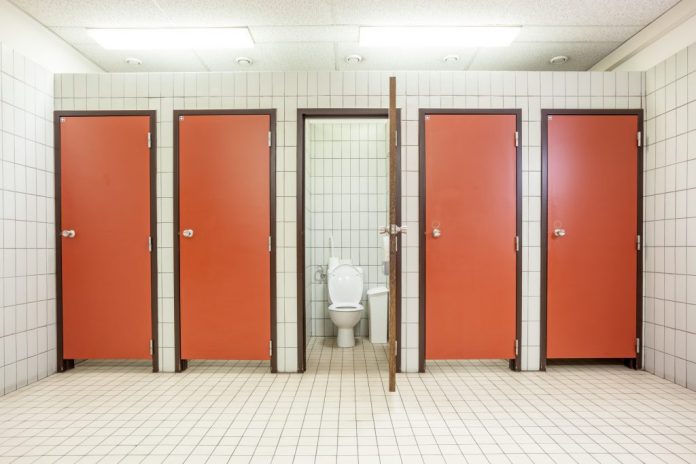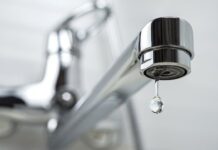The WHO/UN-Water Global Analysis and Assessment of Sanitation and Drinking-Water (UN-GLAAS) initiative has issued a report on hygiene with findings on national policies, plans, targets and finance.
The authors note that understanding how governments and external support agencies (ESAs) are addressing hygiene is critical during the COVID-19 pandemic and will continue to be so afterwards.
The report, Hygiene – UN-Water GLAAS findings on national policies, plans, targets and finance, summarises data collected by the WHO-led GLAAS initiative on how governments and ESAs are supporting hygiene. Key findings include that countries have national policies and plans for hygiene but lack the financial and human resources to implement them. Governments report insufficient funds for hygiene to achieve national targets.
The research found that household expenditures are high compared to government expenditures. Data from five countries show that household spending on hygiene is likely a significant part of all household WASH expenditure.
While data on hygiene policies, plans, targets, budgets and expenditure exist, they need to be improved – just nine of 38 countries were able to provide coverage data for their hygiene targets. Only 4% reported having sufficient funding to reach their targets.
Another issue is the lack of an internationally agreed definition for hygiene, which creates challenges for reporting on and comparing hygiene data – Kyrgyzstan includes data on monitoring for diseases related to water quality, for instance.
To better prevent and respond to public health crises such as the COVID-19 pandemic, governments must think of hygiene as not only about handwashing with soap and behaviour change, but also about investing in infrastructure, the report concludes. For this, monitoring and reporting on hygiene needs to improve.
In addition, comparable, high-quality data are essential for learning and planning in countries, it suggests. As a step to promote better monitoring and reporting of hygiene data in WASH systems, WHO will revise the GLAAS country and ESA surveys to clarify its definitions and questions on hygiene in future data collection cycles.
GLAAS has committed to continue to provide technical support to countries to improve the monitoring of hygiene and to develop WASH accounts, contributing to improvements in plans and approaches to support hygiene in countries.







